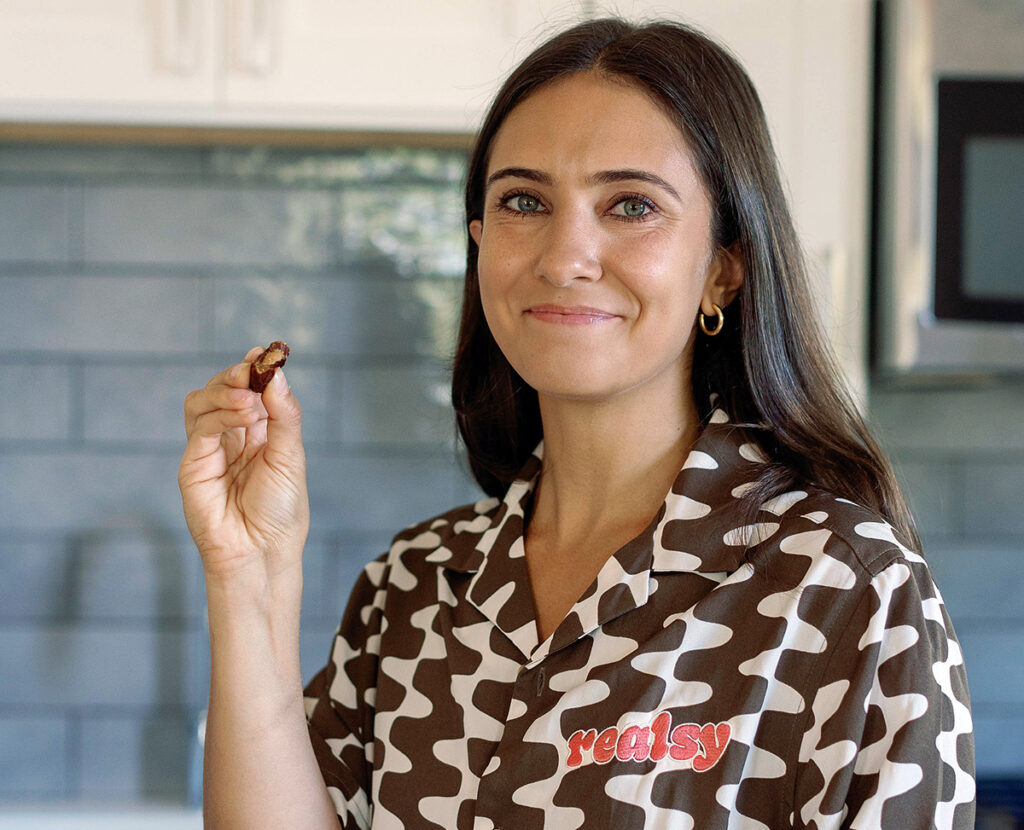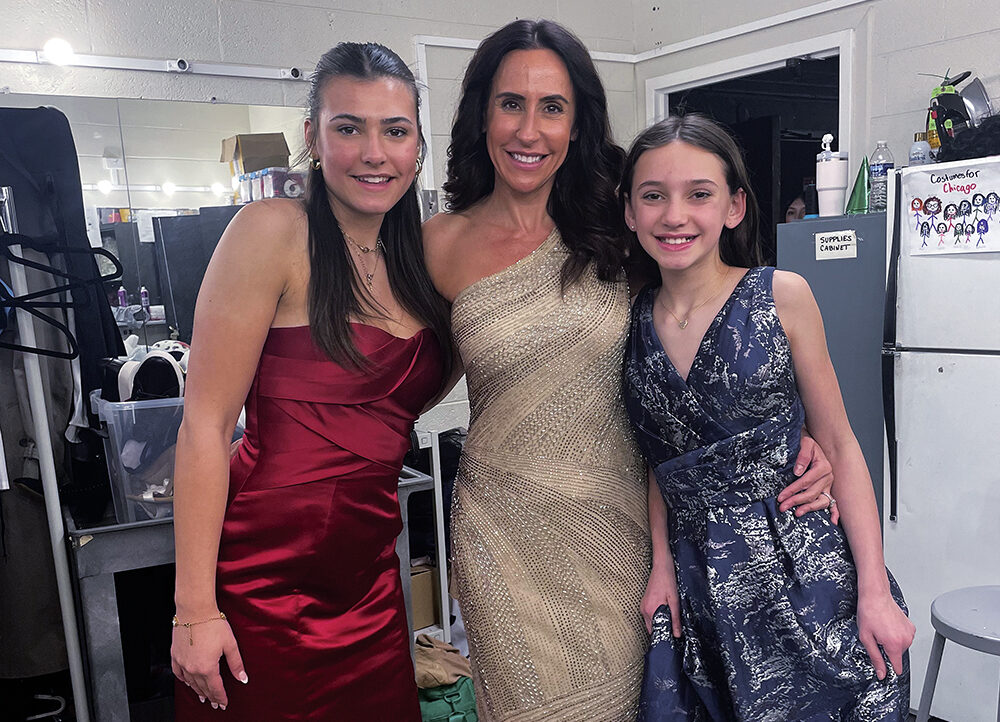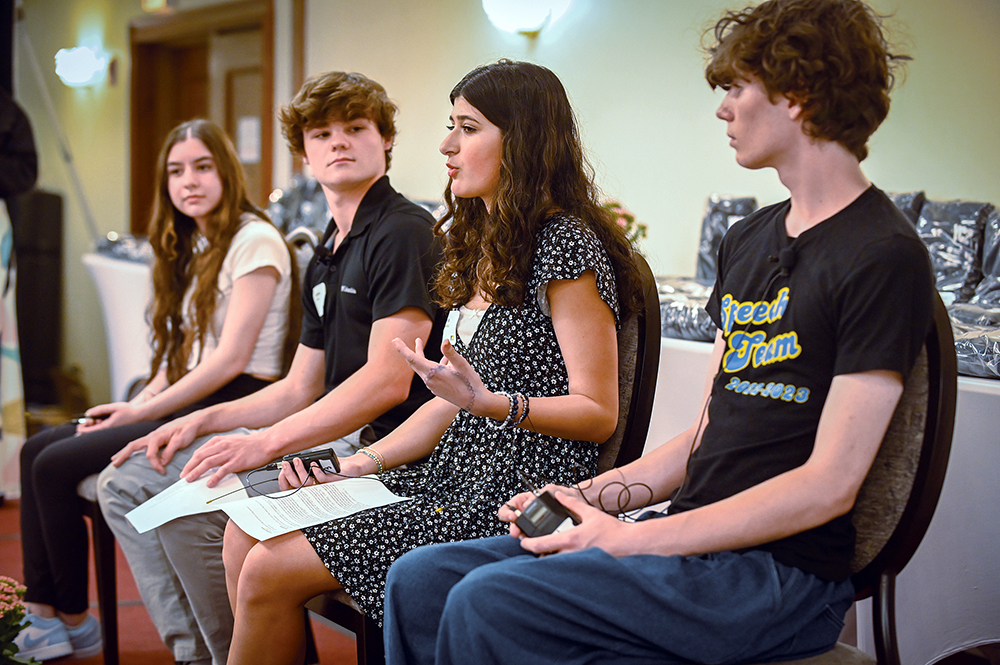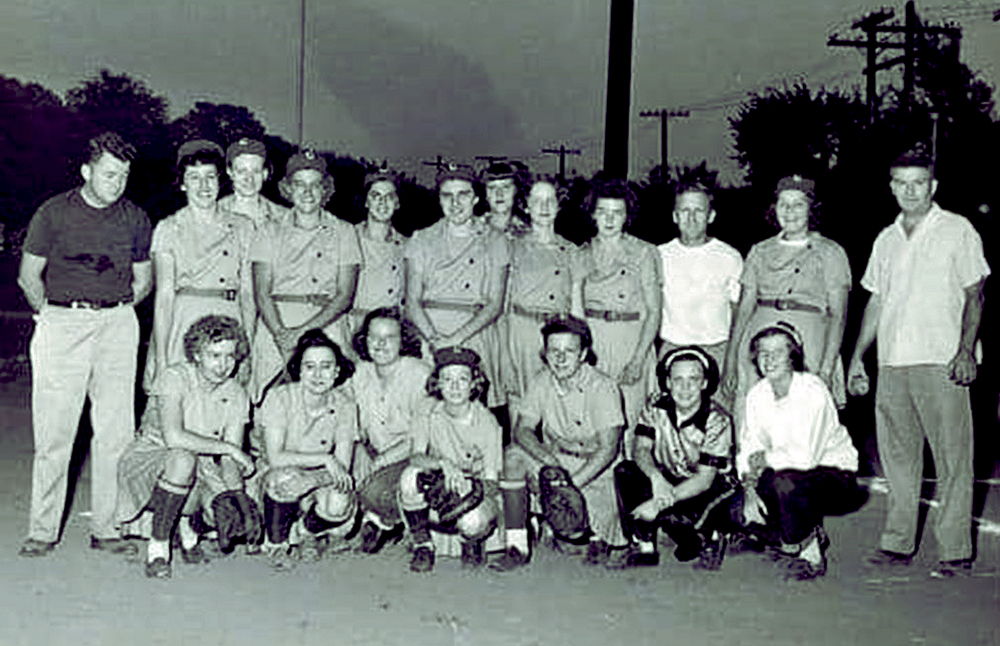Fruits and Vegetables: The Terrible Two
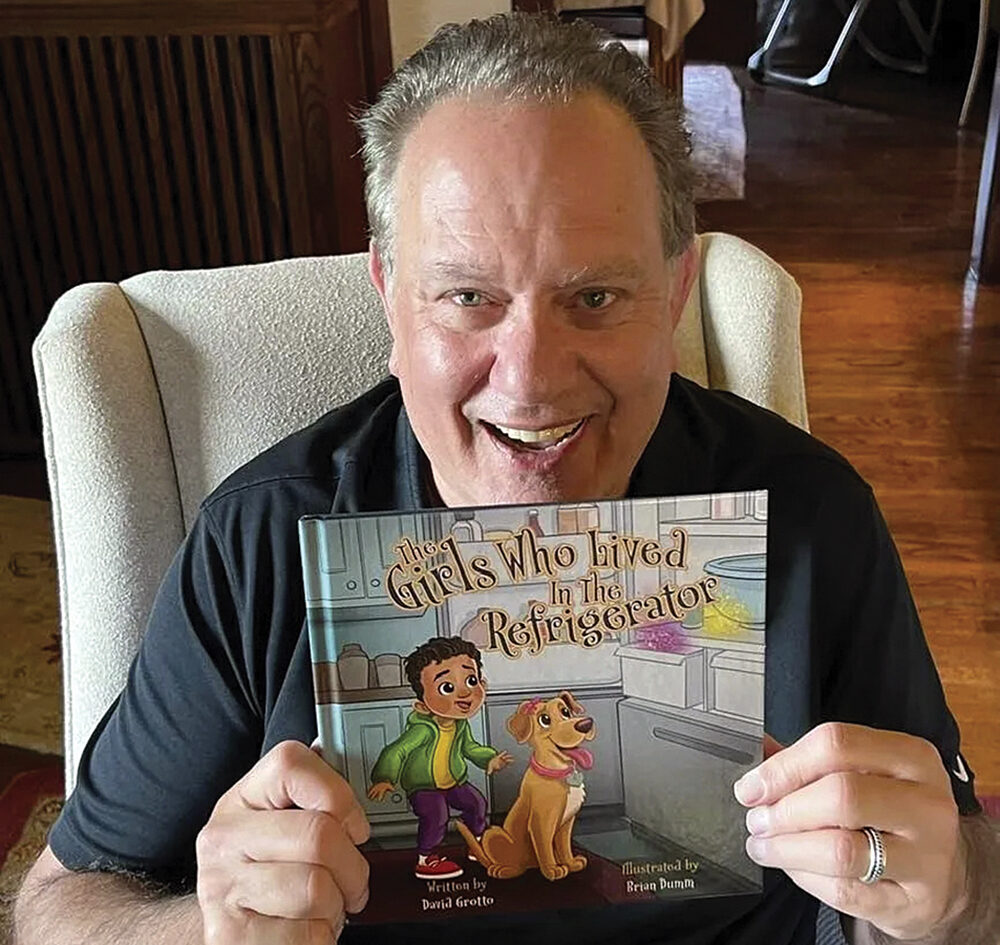
Elmhurst resident makes healthy eating fun for kids in new children’s book
By Anna Hughes
Eating the recommended daily dose of fruits and vegetables is hard. Getting your kids to do the same is even harder. Some days, the uneaten broccoli on your toddler’s plate is the biggest uphill battle you’ll climb – and sometimes lose – for the day. Elmhurst resident and registered dietician David Grotto understands this. He lived it.
Grotto’s background as a nutritionist didn’t give him a leg up when it came to dinner time debates. When his three (now adult) daughters, Chloe, Katie, and Madison, were young, they were not thrilled by the idea of fruits and vegetables. So, he had to get creative.
One night, after noticing the bookshelf of bedtime stories had been exhausted, Grotto decided it was time to become an author himself. His wife pleaded to incorporate the importance of fruits and vegetables in this fantasy world he was on the cusp of creating.
“I’m a registered dietitian. [My wife] is a registered nurse. They should be uber children who are just, you know, eating the store out of fruits and vegetables,” Grotto recalled from this fateful night. “Unfortunately, they were not, so I decided to make the story about bravery and being an adventurous eater.”
Grotto crafted a story of three whimsical food fairies – conveniently named Chloe, Katie, and Madison – who live in different areas of the refrigerator. Chloe lives in the vegetable bin, Katie lives in the dairy bin, and Madison lives in the fruit bin. They live their whole lives unaware of the others’ existence. One night, however, they venture out and introduce their new fairy friends to their familiar foods. In turn, they all try something new – and healthy.
The girls loved it, and the story stuck. So did the association between healthy foods and concepts like “adventure” and “bravery.”
Years after the story’s genesis, Grotto had the bright idea of introducing The Girls Who Lived in the Refrigerator to a broader audience. Through his work, he noticed how so many nutrition issues develop during childhood. The decrease in family meals and the increase in calorically dense yet nutritionally lacking foods have had a widespread impact on children. The goal of his bedtime story turned full-fledged children’s book was to help combat that exact issue in a fun way for families.
“I really believe, especially my dietitian colleagues, need something else to motivate kids. They got to get kids excited about trying new things, and those new things have got to taste good, and they’ve got to be fun,” Grotto said. “It can’t be just, ‘Oh, you’ve got to learn to enjoy the natural taste of broccoli.’ Well, the heck with that. Nobody wants to do that.”
Although he’d like to say the current version of the book is exactly the same as it was when he first told it years ago, it’s had some adjustments. The biggest addition is the introduction of a young boy, Sam, who is afraid to try anything new. The girls who live in his refrigerator change that. Sam is a young boy of color, which was a specific choice by Grotto to address an issue that often impacts children in minority communities.
“I want this to be a mission, and my mission is to get kids to eat more fruits and vegetables,” Grotto said. “Unfortunately, the statistics are that communities of color, especially children of communities of color, tend not to eat as many fruits and vegetables.”
His mission extends beyond the pages of his thoughtfully illustrated page-turner. Recently, he worked with the FMI Foundation during September’s “Family Meals Month,” which promotes families eating together. He’s also working to develop a program for children and their parents whereby kids are incentivized to buy fruits and vegetables through a reward system. For kids, it’s a toy. For parents (who are a key part of making this a success), it’s a coupon.
“There’s a lot of challenges going on with kids today… We know bullying, food shaming, body shaming is at an all-time high,” Grotto said. “I think this really fits hand in glove with kids developing a better relationship with food. That’s got to be the focus. [It’s] not so much about whether there’s nutrition value, but feeling good about their choices and not being ashamed.”
Grotto is no stranger to being a published author. He’s written three other books focused on nutrition, but none of them have ever been directed toward children – until now. This is his inaugural venture into this specific space, and he promises that there are many more books to come.
“The Girls Who Lived in the Refrigerator” is available in hardcover, paperback, e-book, and audio versions. For more information, visit thegirlswholivedintherefrigerator.com.

Grotto’s daughters, Chloe, Katie, and Madison, and their characters in the book





